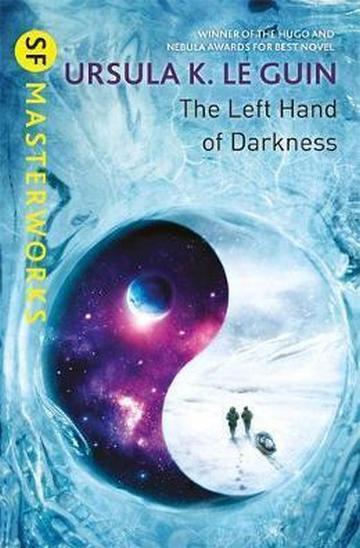

Some people just don’t like imaginative literature. I will take a little credit because I spent about 40 years saying, why isn’t imaginative literature literature? Why do you say you know this stuff is for kids and all that? There’s so much good imaginative literature that has been written that to deny that it was literature I think seems ridiculous to most people, to readers and to critics and to teachers. When you see the popularity of events like Comic-Con, and television and films with alternative fiction, it seems like it’s mainstream - it’s not a genre apart anymore. Le Guin’s parents were the remarkable Berkeley anthropologists and ethnologists Alfred and Theodora Kroeber, a couple as influential in the field of anthropology as on the imagination of their daughter, and the planets and people of her creation.ĬLICK HERE TO LISTEN TO THIS INTERVIEW ON THE ‘PATT MORRISON ASKS’ PODCAST »

Le Guin had already published the best science fiction novel of the year: “The Left Hand of Darkness,” a book not about ray guns or rocket ships, but about other planets, other cultures, other sexualities.Īs Comic-Con begins yet another flashy fest, one of alternative fiction’s true masters - author of children’s books, poetry, novels and nonfiction - is shaping her forthcoming book, “Words Are My Matter.” Worlds too are her subject matter, the deep currents of politics, race, culture, ecology, sexuality - our own earthly conundrums played out and spun out on alternative worlds. The year before, the singular writer Ursula K. Comic-Con, that massive San Diego convention that spawned an international franchise for fans of sci fi and fantasy comics, films, television and genre books, began in 1970, in the basement of a San Diego hotel.


 0 kommentar(er)
0 kommentar(er)
